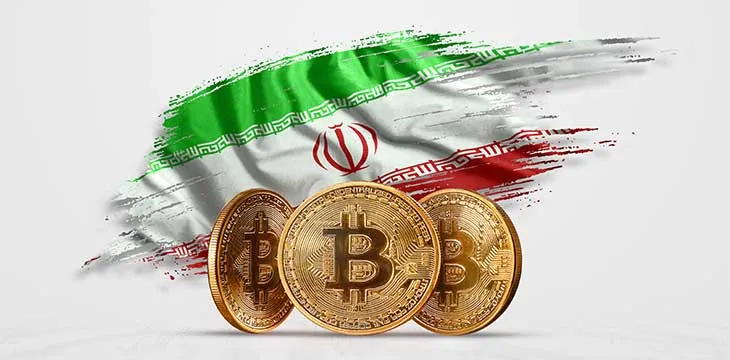|
Getting your Trinity Audio player ready...
|
Tax authorities in Iran have called for legislation that would support the development of legalized digital currency trading exchanges in the country, in a bid to grow tax revenues from the sector.
The Iranian National Tax Administration (INTA) put forward proposals for a new legal regime for digital currency trading, following on from a recent announcement by President Hassan Rouhani that measures would be introduced.
The authority said the legal framework should be drafted broadly and should avoid creating harsh restrictions on exchanges which could fuel the growth of a black market. Instead, INTA said the legislation should only allow exchanges to carry out exchange transactions, as well as mandating record keeping standards for tax purposes.
The INTA proposals cover three different types of taxation: capital gains, fixed base tax and occupational tax. The proposals stop short of suggesting mechanisms or rates of taxation that could be applied.
The proposals also cover decentralized finance (DeFi) and will introduce an upper limit on transactions through these types of platforms, in a bid to comply with anti-money laundering rules.
It follows similar efforts to regulate digital currency in the country spearheaded by the Iranian Parliament Commission on Economy, which drafted a bill to restrict how digital currencies can be used in Iran, as well as defining the legal treatment of miners.
While block reward mining remains legal in Iran, it has been temporarily outlawed until at least September, due to concerns over the impact of mining activities on the country’s creaking energy grid.
While converting digital currencies is also legal under current rules, digital currencies can only be used to pay for imports into Iran and cannot be used as part of domestic transactions.
The new proposals come amid a recent crackdown from Iranian authorities against miners operating outside of the current rules.
Watch: CoinGeek Zurich panel, The Future of Trading & Digital Assets

 09-07-2025
09-07-2025 





